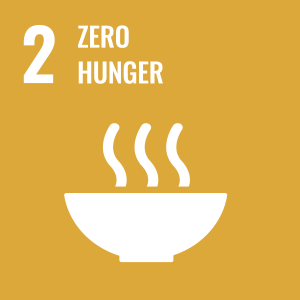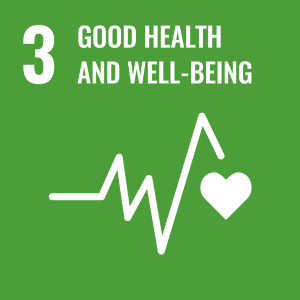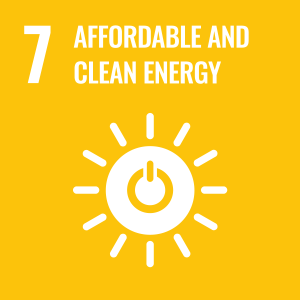Nutrition and Digestion


Students will learn the meaning of a healthy diet, the major food groups needed for a healthy diet, the factors affecting energy requirements, and the role of the digestive organs and gut bacteria work to enable digestion. Assessment throughout the course via quizzes, homework tasks using BoostOnline; End of topic tests followed by feedback to students.
Gas exchange systems
Students will learn how the respiratory system works, the process of gas exchange in the lungs, and how exercise, asthma and smoking affect breathing. Assessment throughout the course via quizzes, homework tasks using BoostOnline; End of topic tests followed by feedback to students.
Reproduction

Students will learn about sexual reproduction, the male and female reproductive systems, how fertilisation and foetal development occurs in humans, the menstrual cycle, and plant reproduction. Assessment throughout the course via quizzes, homework tasks using BoostOnline; End of topic tests followed by feedback to students.
Chemical Reactions
Students will learn the signs of a chemical reaction, the conventions used in writing and balancing chemical equations, investigate the four types of chemical reactions and their reactants and products to understand the Law of Conservation of Mass, and investigate the reactions of acid and alkalis. Assessment throughout the course via quizzes, homework tasks using BoostOnline; End of topic tests followed by feedback to students.
Energy Changes

Students will investigate what happens to the temperature of a substance as it changes state and categorise reactions based on their temperature changes. Assessment throughout the course via quizzes, homework tasks using BoostOnline; End of topic tests followed by feedback to students.
Pressure in Fluids
Students will learn how pressure changes in fluids and gases, calculate pressure and describe the relationship between pressure and area. Assessment throughout the course via quizzes, homework tasks using BoostOnline; End of topic tests followed by feedback to students.
Sound
Students will learn the types of waves and their parts, how sound travels and the relationship between amplitude, loudness, frequency and pitch, calculate the speed of sound and explain how microphones work and the uses of ultrasound. Assessment throughout the course via quizzes, homework tasks using BoostOnline; End of topic tests followed by feedback to students.
Light
Students will learn how light travels, how light behaves as it moves from one medium to another, how mirrors, cameras and the eye works and the relationship between light and colour. Assessment throughout the course via quizzes, homework tasks using BoostOnline; End of topic tests followed by feedback to students.



